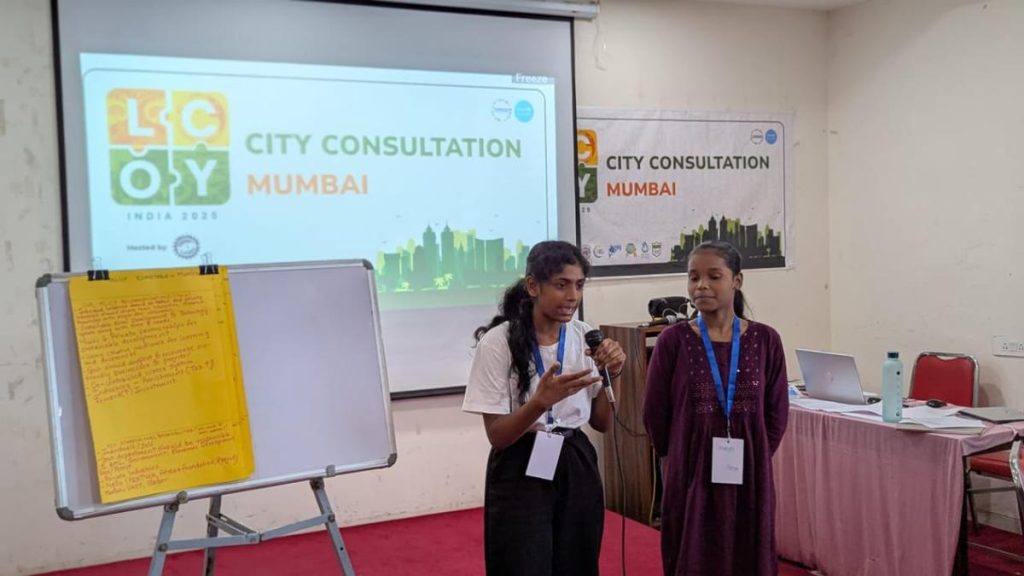Now Reading: Koracha Community Challenges Karnataka Govt’s Internal Reservation Plan
-
01
Koracha Community Challenges Karnataka Govt’s Internal Reservation Plan
Koracha Community Challenges Karnataka Govt’s Internal Reservation Plan

Quick Summary
- Opposition to Internal Reservation Matrix: the Akhila Karnataka Koracha Maha Sangha has called for a review of the internal reservation framework introduced by the karnataka government, asserting it does not serve the interests of nomadic communities with populations under one lakh.
- Population Survey Disputed: Bannur Suresh, district president of the Shivamogga unit, criticized the Justice H.N. nagamohan Das commission’s population survey findings. He pointed out discrepancies, stating that between 2011 and 15 years prior, the Koracha population reportedly increased by only 800 people-a finding deemed unrealistic and faulty.
- Reservation Concerns: the Koracha community has been placed in C-category alongside Banjara, Bhovi, and other groups allotted a pooled 5% reservation.The Sangha argues that this categorization hinders their progress due to competition with more advanced castes in the group.
- Demand for Revision: The Sangha proposes either separating their community into Right or Left categories or creating a seperate group for nomadic communities (those under one lakh in population) with a dedicated 2% reservation.
- Cabinet Decision Criticized: Honorary president C. Jayappa stated that socio-economic and educational backwardness was not adequately considered when finalizing reservations. He suggested it contravenes Supreme Court rulings on internal reservations.
Indian Opinion analysis
The dissatisfaction voiced by the Akhila Karnataka Koracha Maha Sangha underscores an enduring challenge in implementing equitable affirmative action policies: balancing collective upliftment against individual community needs within reserved categories. Their critique raises valid questions about data reliability in decision-making processes, particularly regarding demographic surveys used as foundational inputs.
A significant point of contention is placing smaller or historically marginalized communities like Koracha within broader categories where they may face stiff competition from relatively better-equipped groups.While an intra-category hierarchy can improve resource allocation efficiency at large scales, such measures risk overlooking hyper-focused interventions needed by smaller populations.
If addressed constructively, this feedback could inform reforms grounded on more rigorous socio-economic analysis while fostering consensus-building among beneficiaries-a critical step to avoiding fragmentation within marginalized sections over shared entitlements.
Read More: Original Article

























